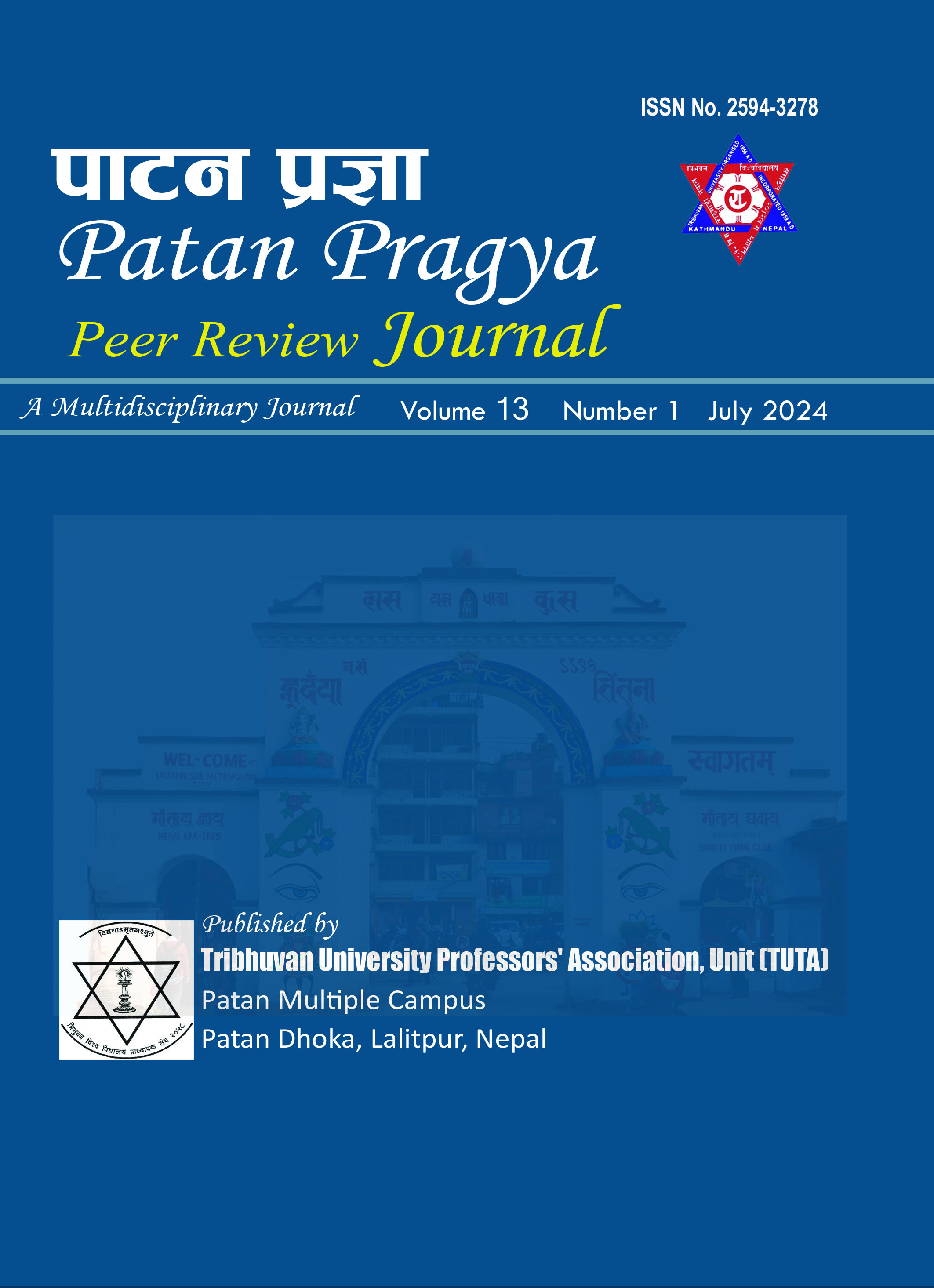Prevalence of Online Learning: Adoption and Impact of Virtual Learning among Management Graduates in Nepalese Higher Education
DOI:
https://doi.org/10.3126/pragya.v13i1.71180Keywords:
Universities, Higher Education, Online Learning, Learning Strategies, NepalAbstract
This study investigates the prevalence and impact of online learning in Nepalese higher education institutions, focusing on the experiences of students and faculty from various perspectives, including student, faculty, technological, and overall effectiveness. Using a purposive sampling approach, respondents were selected to gain deeper insights into the realities of online learning. The research was conducted across four universities with more than ten years of experience and active management programs. The findings reveal that the rise of online education has significantly shifted the perceptions of both faculty and students regarding the platform's efficacy. However, it was also discovered that Nepalese students find online instruction to be less engaging and connected compared to traditional methods. The study highlights the positive aspect of the pandemic in opening doors to alternative educational methods, suggesting that this could be the beginning of a significant shift in educational practices. The effectiveness of online classes requires thoughtful design and preparation by all stakeholders involved in the education system.In these uncertain times, it is crucial to understand the strategies and plans of management institutions concerning online education. The insights provided by this study are valuable for stakeholders in formulating future strategies for online learning.
Downloads
Downloads
Published
How to Cite
Issue
Section
License
© Tribhuvan University Teachers' Association (TUTA), Patan Multiple Campus Unit

